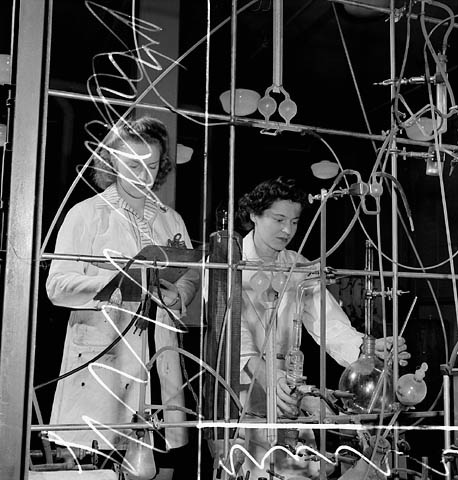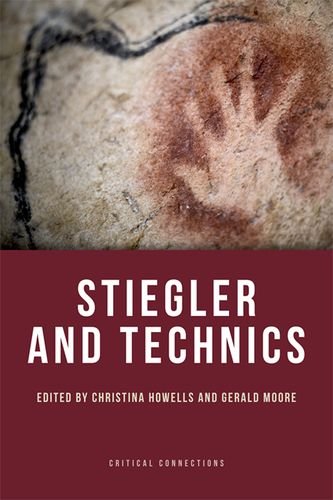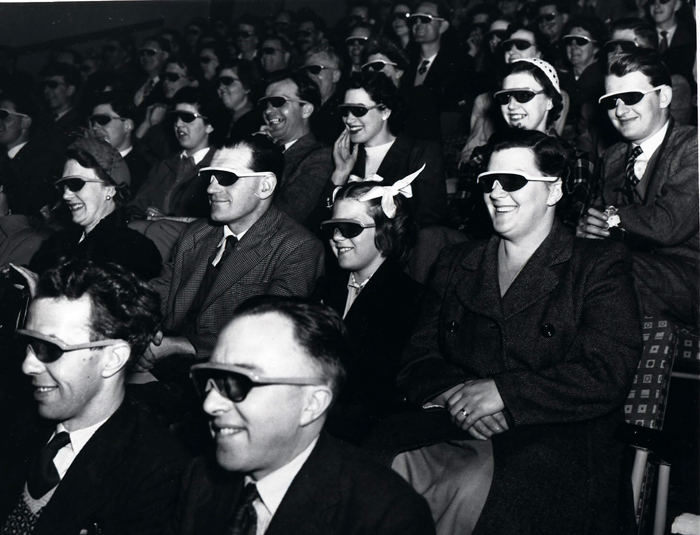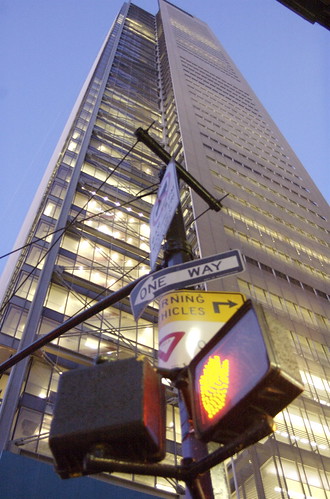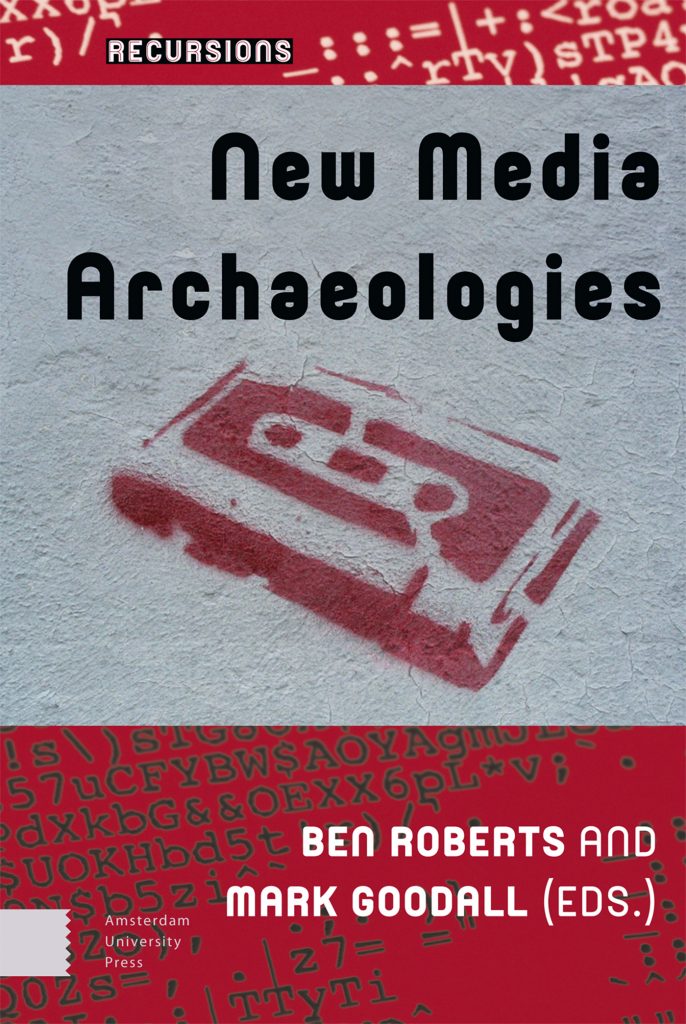
The collection of essays I have edited with Mark Goodall is out with Amsterdam University Press. The book is in the Recursions series edited by Jussi Parikka, Anna Tuschling, and Geoffrey Winthrop-Young. The book highlights innovative work in the developing field of media archaeology. It explores the relationship between theory and practice and the relationship between media archaeology and other disciplines. There are three sections to the collection proposing new possible fields of research for media studies: Media Archaeological Theory; Experimental Media Archaeology; Media Archaeology at the Interface. The book includes essays from acknowledged experts in this expanding field, such as Thomas Elsaesser, Wanda Strauven and Jussi Parikka.
Table of Contents
Introduction (Ben Roberts and Mark Goodall)
PART 1: EXPERIMENTAL MEDIA ARCHAEOLOGY
1 Media Archaeology as Laboratory for History Writing and Theory Making (Wanda Strauven)
2 Doing Experimental Media Archaeology: Epistemological and Methodological Reflections on Experiments with Historical Objects of Media Technologies (Andreas Fickers and Annie van den Oever)
3 The Ghosts of Media Archaeology (Mark Goodall)
4 (game)(code): re-playing program listings from 1980s British computer magazines (Alison Gazzard)
PART 2: MEDIA ARCHAEOLOGICAL THEORY
5 Cinema, Motion, Energy, and Entropy (Thomas Elsaesser)
6 Collector, Hoarder, Media Archaeologist: Walter Benjamin with Vivian Maier (Peter Buse)
7 Media Archaeology and Critical Theory of Technology (Ben Roberts)
PART 3: MEDIA ARCHAEOLOGY AT THE INTERFACE
8 The Cube: A Cinema Archaeology (Angela Piccini)
9 Inventing Pasts and Futures: Speculative Design and Media Archaeology (Jussi Parikka)
